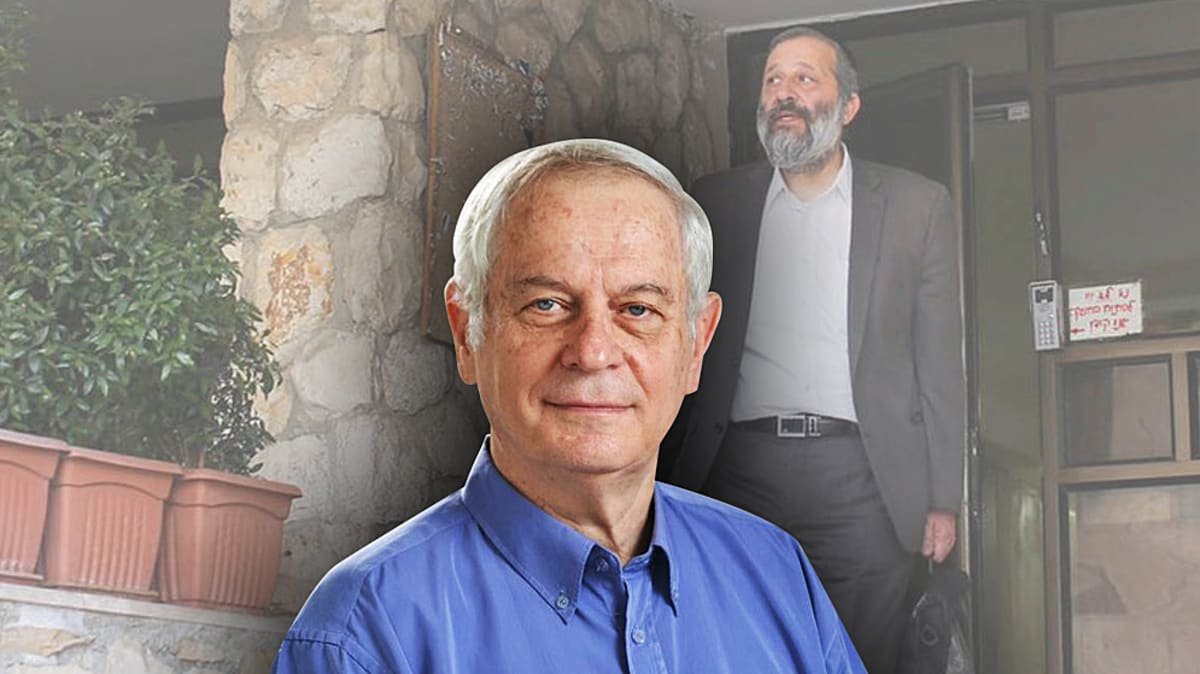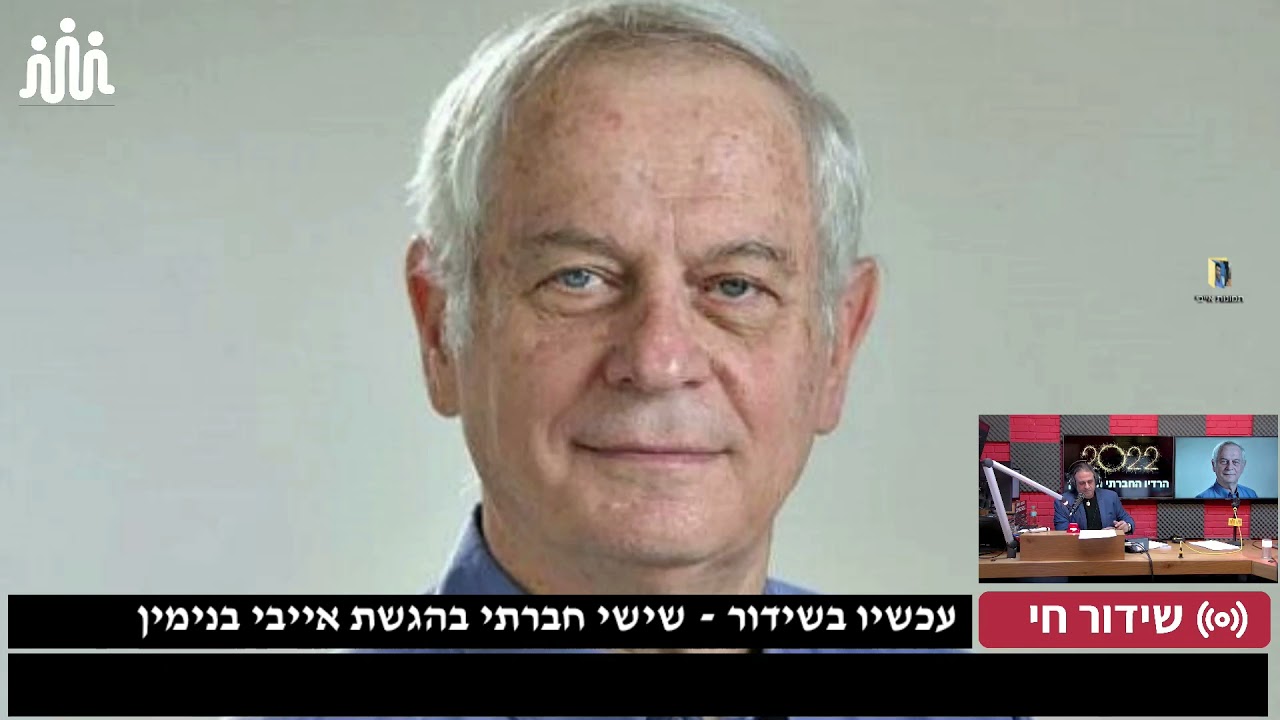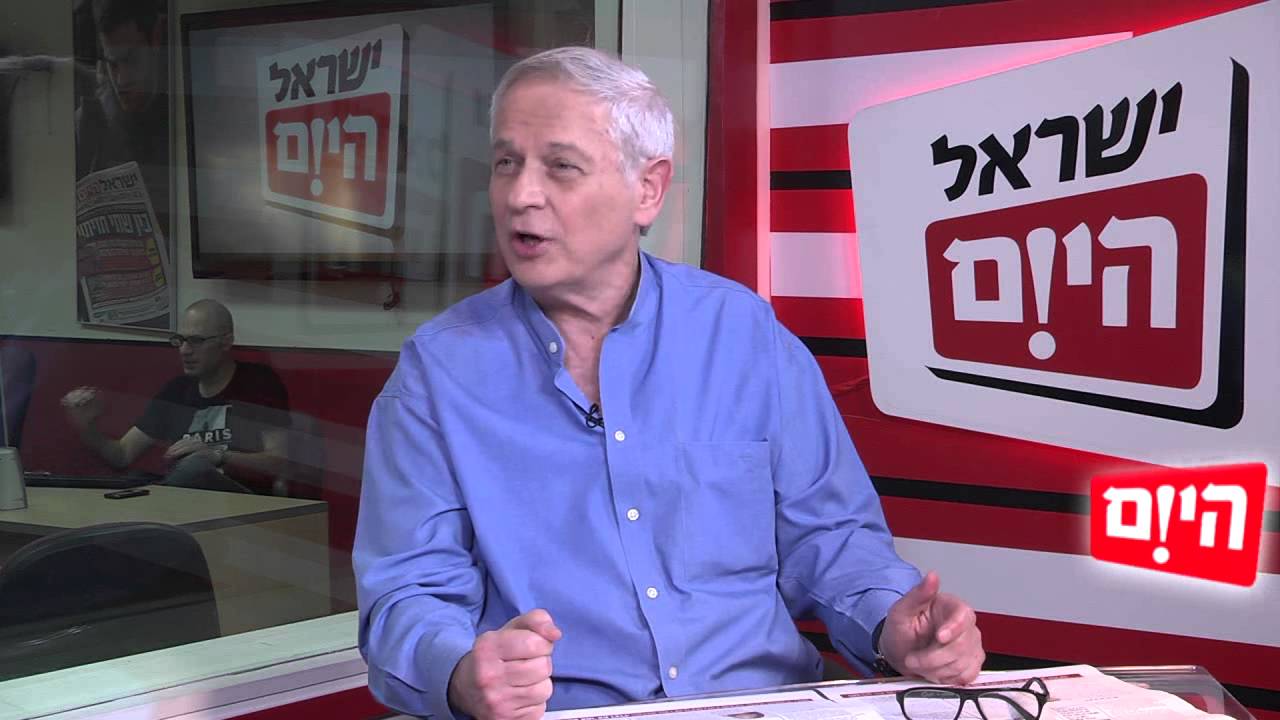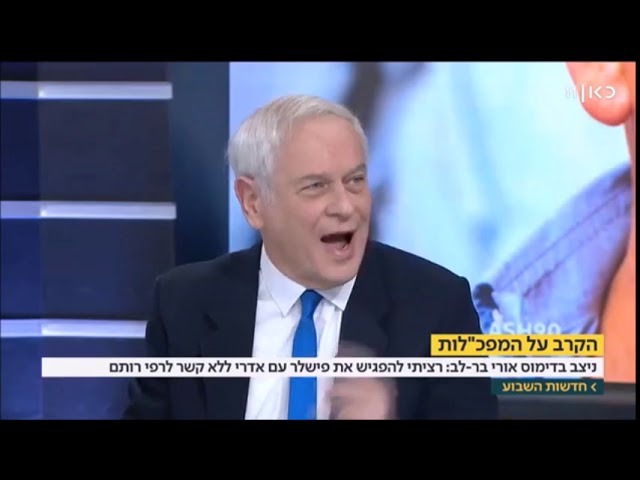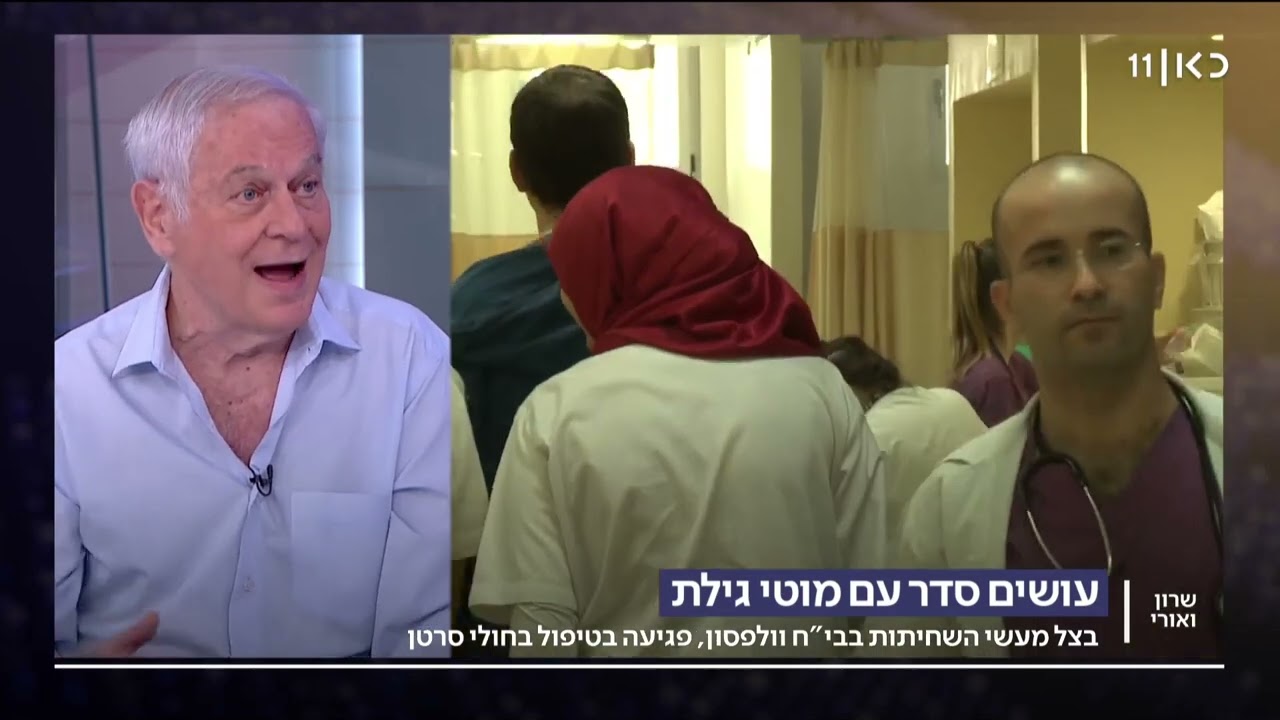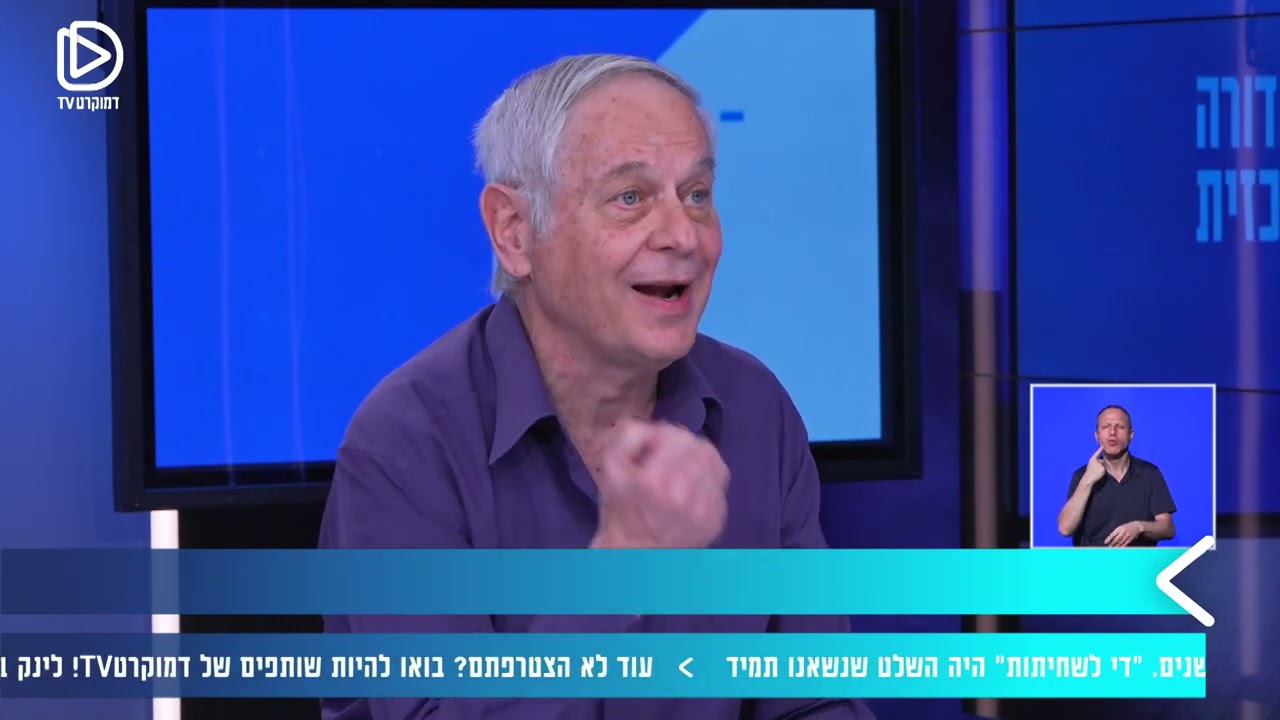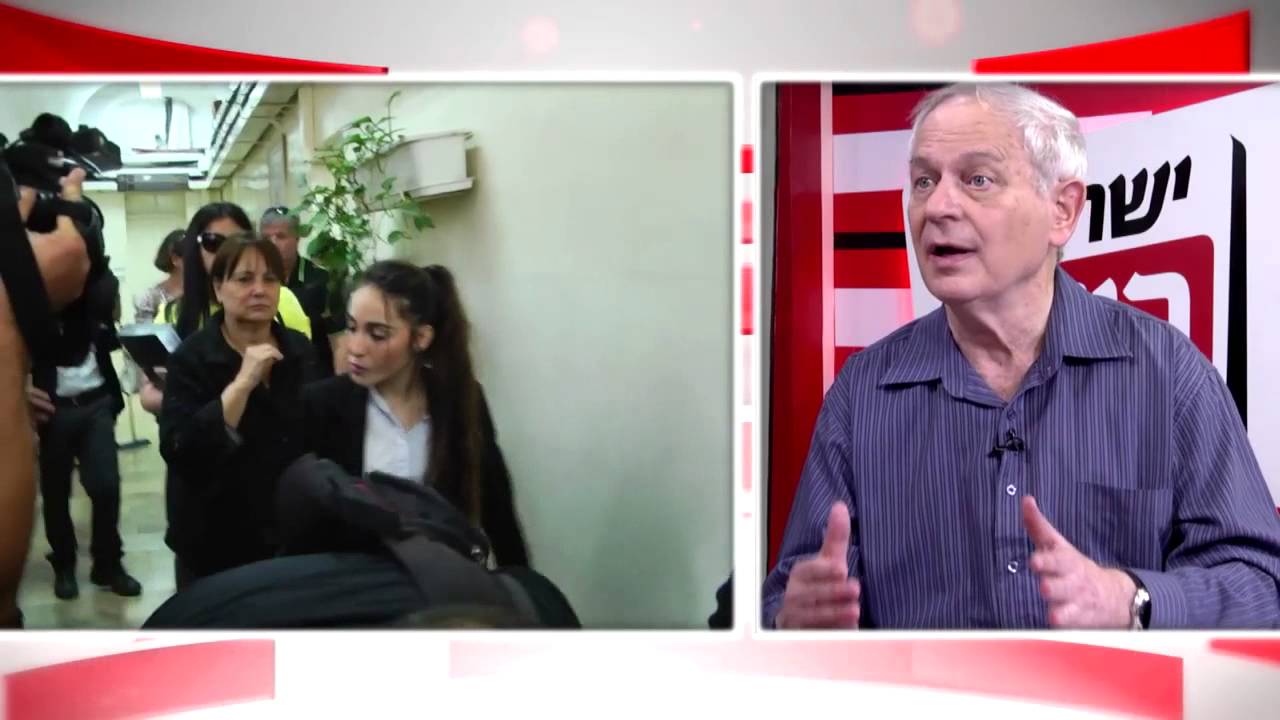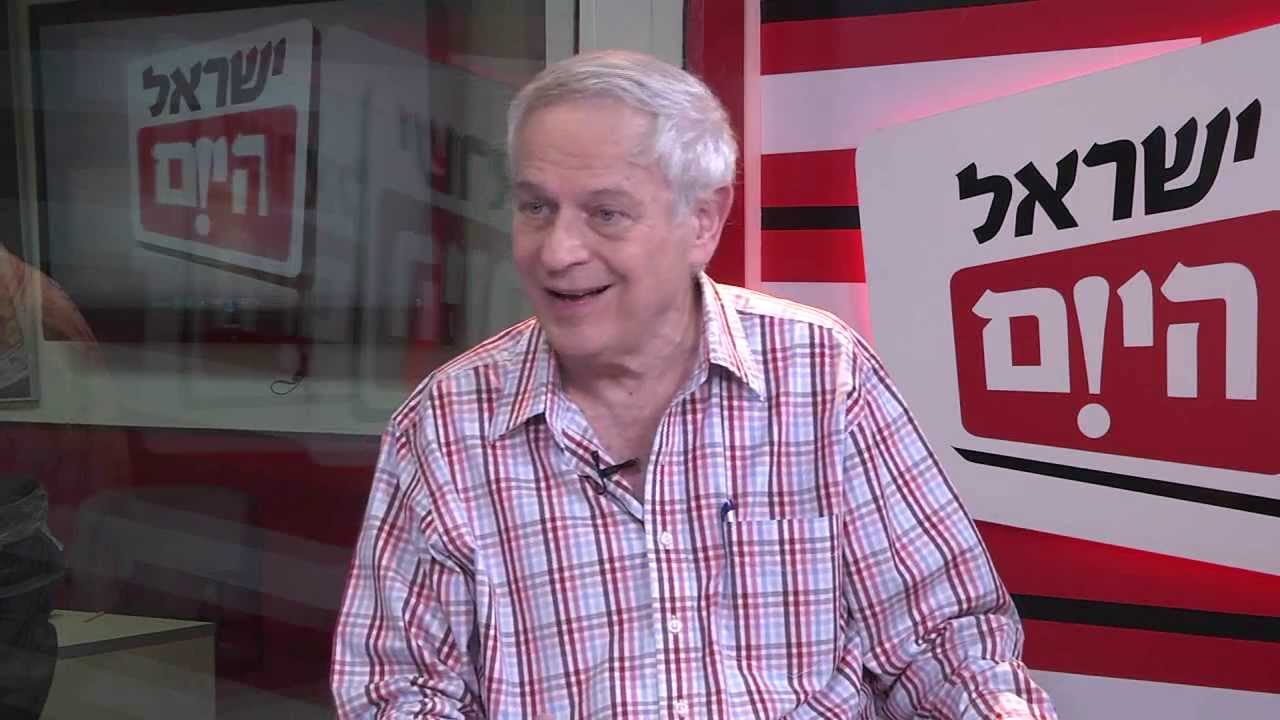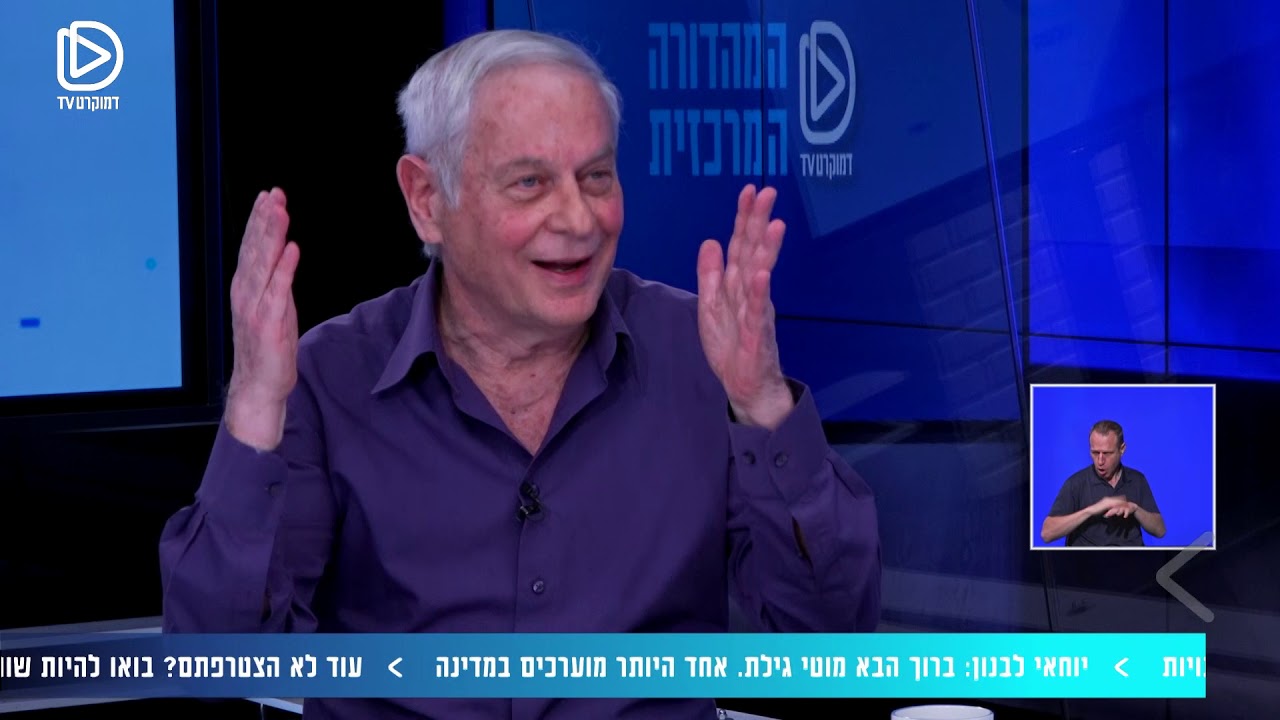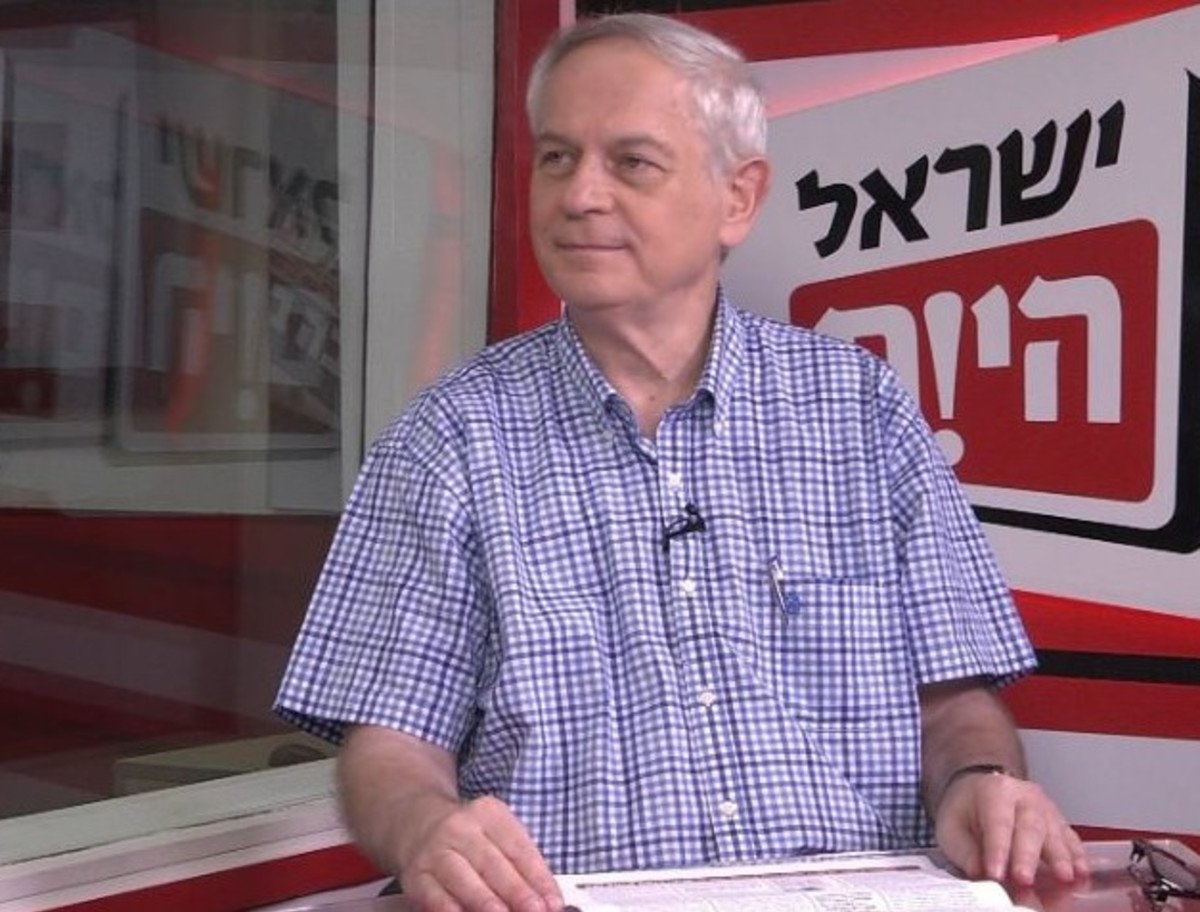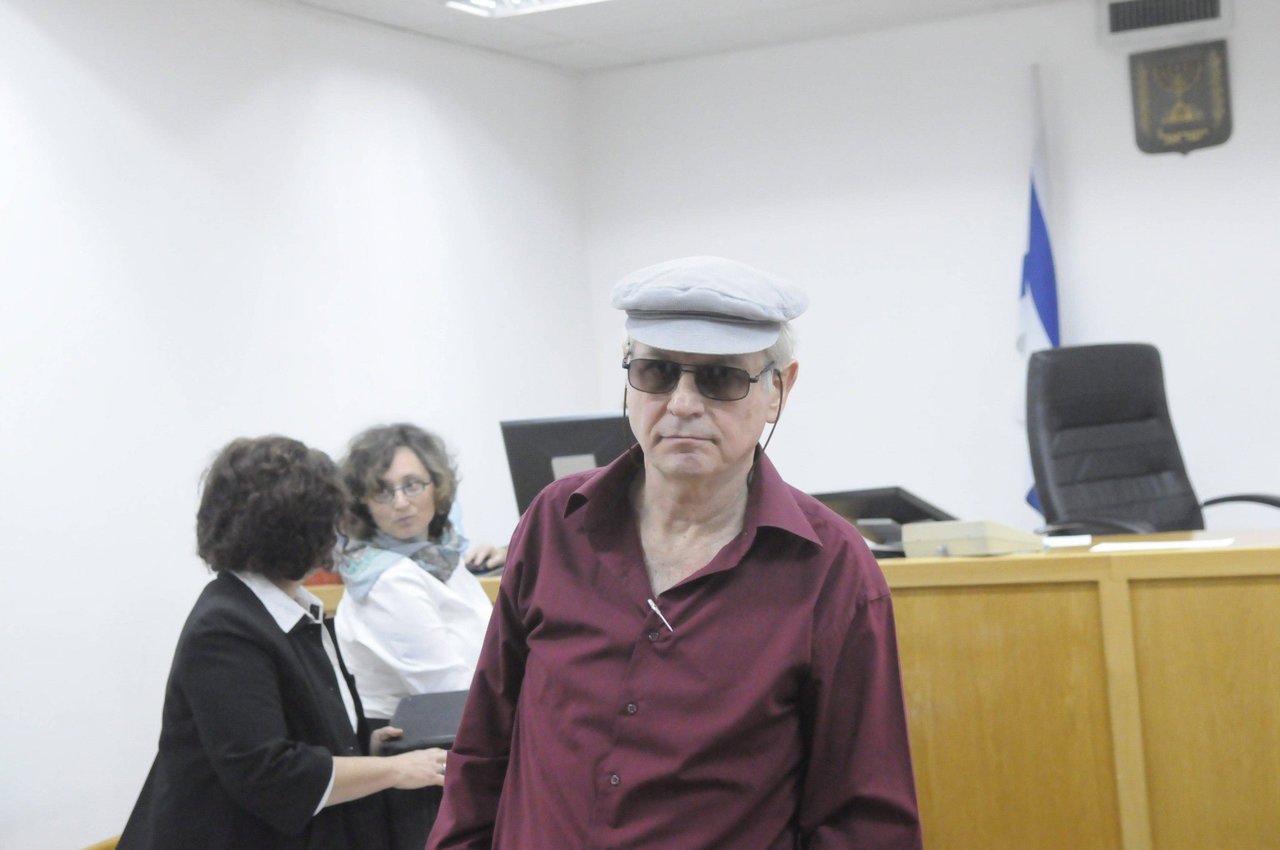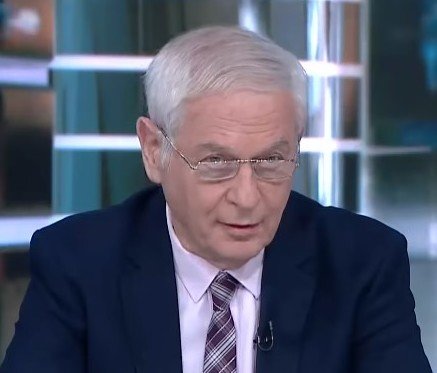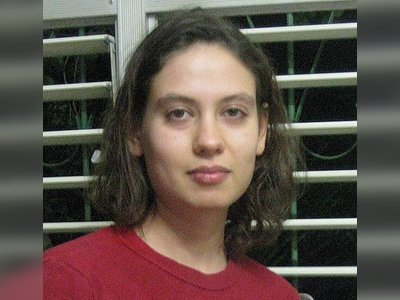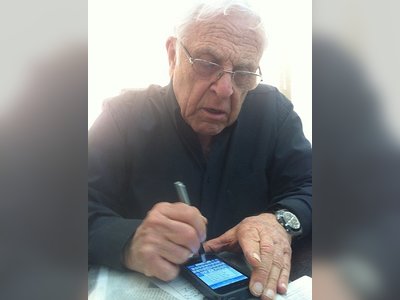Mordechai (Motti) Gilat: Investigative Journalist and Communications Lecturer
Mordechai Gilat, born on October 6, 1947, is a prominent Israeli journalist, public corruption investigator, columnist, and communication lecturer, renowned for his extensive career in journalism. He currently serves as a senior correspondent in the Israeli broadcasting corporation. Before this, he spent many years as a journalist at Yedioth Ahronoth and Israel Hayom. In recognition of his contributions to written journalism, Gilat was awarded the Sokolov Prize in 2000.
Biography
Gilat was born, raised, and educated in Holon, Israel. His journey in journalism began in his youth when he contributed to children and youth newspapers, including "Davar L'yeladim" and "Bama'ala." During his military service, he served in the Nachal unit (an infantry brigade in the IDF) and later in a combat unit during the Six-Day War. In his third year of military service, after the Six-Day War, Gilat worked as a military correspondent for the "Bamachane Nachal" newspaper.
During his reserve service, Gilat participated in the Yom Kippur War as part of a mortar unit in the 5th Brigade and later in the First Lebanon War as a member of the mortar unit in the Givati Brigade.
In 1968, after his regular military service, Gilat started working as a field reporter for the "Al Hamishmar" newspaper. In this role, he investigated activities in the Tel Aviv Municipality, the Israeli police, and the court system. He also served as the newspaper's military correspondent. Subsequently, he began publishing investigations, articles, and writing for the newspaper's political supplement, "Hamusaf."
In early 1976, Gilat was recruited by Dov Yudkovsky, the acting editor of "Yedioth Ahronoth," to join the newspaper as an investigative journalist. From then until early 2008, he was one of the senior writers for "Yedioth Ahronoth." He had a regular section in the newspaper's political supplement, "Hamusaf," and had a team of investigative reporters at his disposal.
Some of his notable investigations over the years included exposing corruption scandals such as "The Night Meeting" (1986), which implicated attorney Ram Caspi, the "Aryeh Deri Affair" (1990), the "Eli Pelach Psychology Scandal" (1994, in collaboration with Meir Kampfner), the "Misconduct of Police Commissioner Rafi Peled" (1995), which led to his resignation, the "Amadi Affair" (1999), the "Misconduct of Yitzhak Mordechai" (2000), the "Greek Island Affair" (2002), detailing the complex relationship between contractor David Appel, Ariel Sharon, and Ehud Olmert, the "Knesset Speaker Avraham Burg Affair" (2001), and many others. In 2000, he was awarded the Sokolov Prize for written journalism.
In 1992, six people were convicted of wiretapping and eavesdropping on Gilat's phones at the behest of Aryeh Deri.
In early 2002, the editor of "Yedioth Ahronoth," Moshe Vardi, informed Gilat of his immediate removal, alleging that Gilat's dismissal was due to financial considerations. However, Gilat claimed that his termination was politically motivated, a belief that was supported by his continued employment at the newspaper upon his return from a vacation several weeks later.
In February 2008, Gilat left "Yedioth Ahronoth" and joined the writing staff of "Israel Hayom." He sued "Yedioth Ahronoth" for wrongful termination, alleging that the newspaper's publisher, Noni Mozes, and its editors acted improperly and unprofessionally by engaging in censorship, showing favoritism to close associates, and avoiding criticism of individuals who wished to be spared. Gilat's lawsuit eventually ended in an out-of-court settlement, with "Yedioth Ahronoth" agreeing to pay him NIS 600,000 in compensation.
In April 2008, a magistrate court ruled that "Yedioth Ahronoth," Gilat, and his colleague Michal Grayevsky published "defamatory statements without justification" in an investigative report about Batya Karmon, who served as the head of the Permits and Foreigners Department in the Ministry of Interior. The court ordered the defendants to publish an apology, pay compensation of NIS 200,000, and cover legal costs of NIS 50,000 to Batya Karmon. In a decision dated February 28, 2010, the Jerusalem District Court rejected the defendants' appeal and upheld the judgment.
In addition to his journalism, Gilat wrote a book about his experiences on Mount Hermon, titled "Behind the Headlines," published in 1969. In the late 1970s, he hosted the radio program "Behind the Headlines" on Kol Israel, which focused on communication and current affairs. For many years, he taught journalism at the School of Journalism at Tel Aviv University and in the communication department of the academic track at the College of Management Academic Studies.
In 2012, Gilat published "The Curse of Aryeh Deri," which quickly became a bestseller in the category of non-fiction books in Israel, remaining on the list for ten weeks according to the rankings of Haaretz's book supplement.
On June 13, 2017, Gilat was dismissed from "Israel Hayom" by editor Boaz Bismuth, who claimed that the layoffs were due to economic considerations. Nevertheless, Bismuth refused Gilat's offer to accept a more significant pay cut. Gilat contended that the real reason for his dismissal was political. On July 31, 2017, Gilat joined the Israeli Public Broadcasting Corporation as a senior correspondent for Channel 11 and Channel 2.
In December 2020, the Kan broadcasting corporation had to part ways with Gilat, as well as several other employees, due to legislation prohibiting employment in public broadcasting beyond retirement age. Nevertheless, shortly afterward, Carmela Mansha tweeted that Gilat would continue to work as a commentator for the corporation.
Personal Life
Gilat is married and has three children, including the actress Adi Gilat.
- מרדכי גילתhe.wikipedia.org
